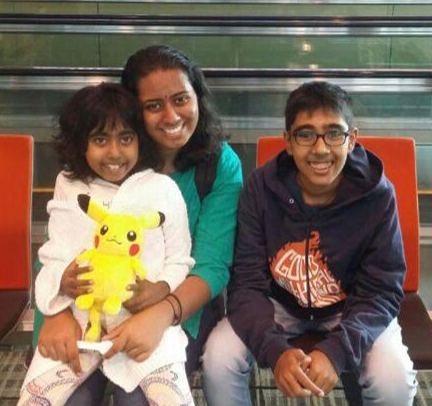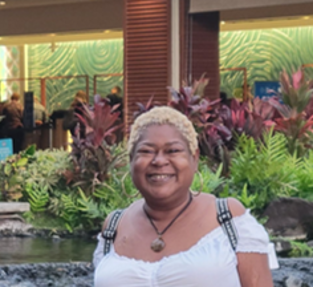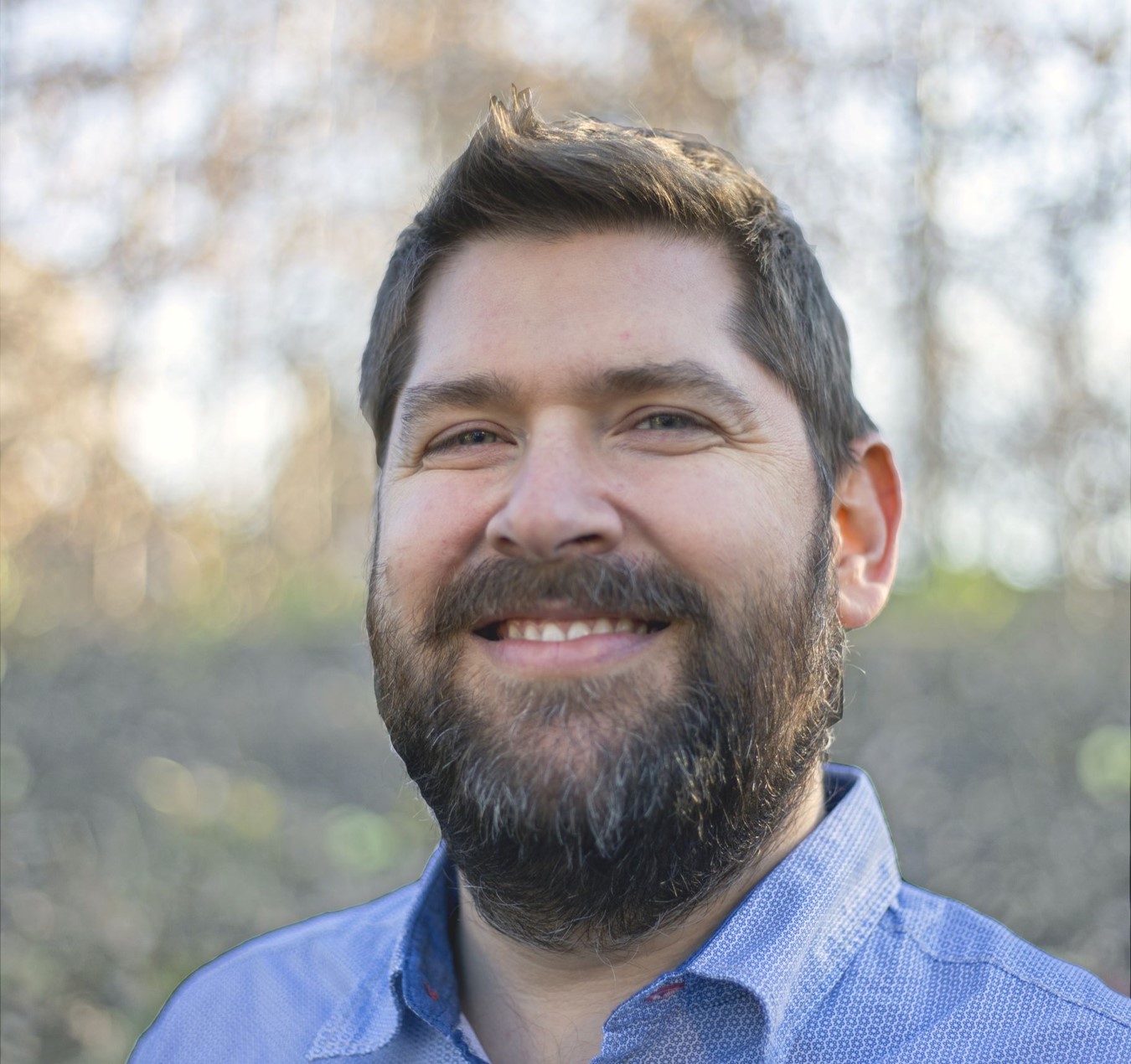Kidney Patients Choose to Begin Again
Being diagnosed with kidney disease can seem overwhelming and feel like everything changed at once. An essential first step to helping patients start their therapy strong is empowering them to proactively participate with their healthcare professional team in the decision-making process about their journey. The next step is supporting their access to innovative therapy options designed to provide differentiated care.
Kidney failure is a journey—not a destination—most patients sequence through differently based on their clinical needs and lifestyle preferences. Along the way, they may need to work with their healthcare team to put in place a predialysis management program, later likely choosing between home peritoneal dialysis (PD) or in-center hemodialysis (ICHD), hopefully, with an option for transplant along the way. Research shows one commonality for patients is that adequate predialysis education can reduce unplanned dialysis starts,1 allowing patients to be better prepared to begin their new path.
Learn more from the perspectives of some extraordinary individuals that began again with kidney care.

Anand, Pushpa and Family
Anand and Pushpa are practicing lawyers in Singapore and busy parents of three children. Like most families, they enjoy outings and traveling to see their adult daughter in Australia. Anand and Pushpa also play special caregiver roles to their younger children Satya (20 years old), and Diksha (14 years old), both living with kidney disease.
Satya’s kidney care journey began at age two. He initiated HD when he was 14 and is now on PD. Diksha’s care journey also began at a young age, progressing to HD when she was 6 and PD at age 7, and then receiving a transplant at 10.
“My initial reaction to Satya’s diagnosis was shock because I didn’t know kidneys in young children could fail,” says Anand. “The first thing we went through was a rapid and massive learning experience.
“We also discovered early that because this is a chronic disease, it’s all about learning to manage it within our daily lives.”
Through Satya’s and Diksha’s respective therapy journeys, both continue their schooling and have learned to navigate their youth, friends and normal activities while living with kidney disease.
"I think it is important to understand that once diagnosed, kidney disease does not define who you are,” comments Diksha. “It may be a huge setback, but as long as you have discipline, hope and faith, you can go far.”

Dawn
Dawn is a daughter, mother, and full-time kidney patient advocate from Queens, New York. Her journey with kidney disease started 30 years ago when she was a young mom and just getting started in her career.
"Being diagnosed with kidney disease had a huge impact on my family and work," says Dawn.
Over Dawn's journey, she has needed to transition across all modalities for both clinical and lifestyle reasons. After spending three years on ICHD, Dawn decided to transition to PD so she could have more time with her daughter. Dawn managed her kidney care on PD at home for 10 years before receiving a transplant. Seven years later, Dawn’s transplant failed, and she needed to go back on dialysis; this time she was no longer clinically able to receive PD and was able to initiate home hemodialysis. Dawn is currently awaiting a new transplant.
"It is really important for me to share my experiences because I think it is essential for other kidney patients to be educated and empowered to make informed decisions," adds Dawn.
Claus

Claus runs a business with his brother in Vienna, Austria. He is passionate about food, technology and helping others learn about their kidney disease. He speaks about it from his personal experience as a long-term kidney patient that sequenced across all dialysis modalities—PD, in-center HD and home HD—on his journey to being transplanted.
“Healthcare professionals provide the best possible care to patients,” says Claus. "It’s important that members of patient organizations also share our experiences with other patients.”
Claus also works in a patient organization that supports kidney patients and their caregivers to empower them on their journeys.
“It’s essential for patients to actively take part in their therapy choices and match them to their lifestyle,” Claus adds. “Above all, it is important to accept the diagnosis and be positive about the situation.”

Amber
Amber, born and raised in Memphis, Tenn., is a director of transportation implementation for a large Canadian-based carrier. In her free time, she is a proud mom to puppies Princeton and Nala. At 28, Amber went to the doctor for what she thought was an irritated stomach, only to find out that neither of her kidneys was working.
"The doctor advised that to sustain life I would need to have dialysis treatments in the hospital. That day for me absolutely shook my world; it changed everything," Amber explains.
With little time to educate herself on treatment options, Amber was asked to choose between in-center HD treatments and home PD treatments. Amber initially chose in-center HD, switching to PD six months later so she could perform therapy from the comfort of her own home. Amber is currently doing well with a transplant.
"Kidney disease does not have to control you, your destiny, your journey or the things that you love. You control your destiny. The journey is yours to make it whatever you want to be," Amber concludes.